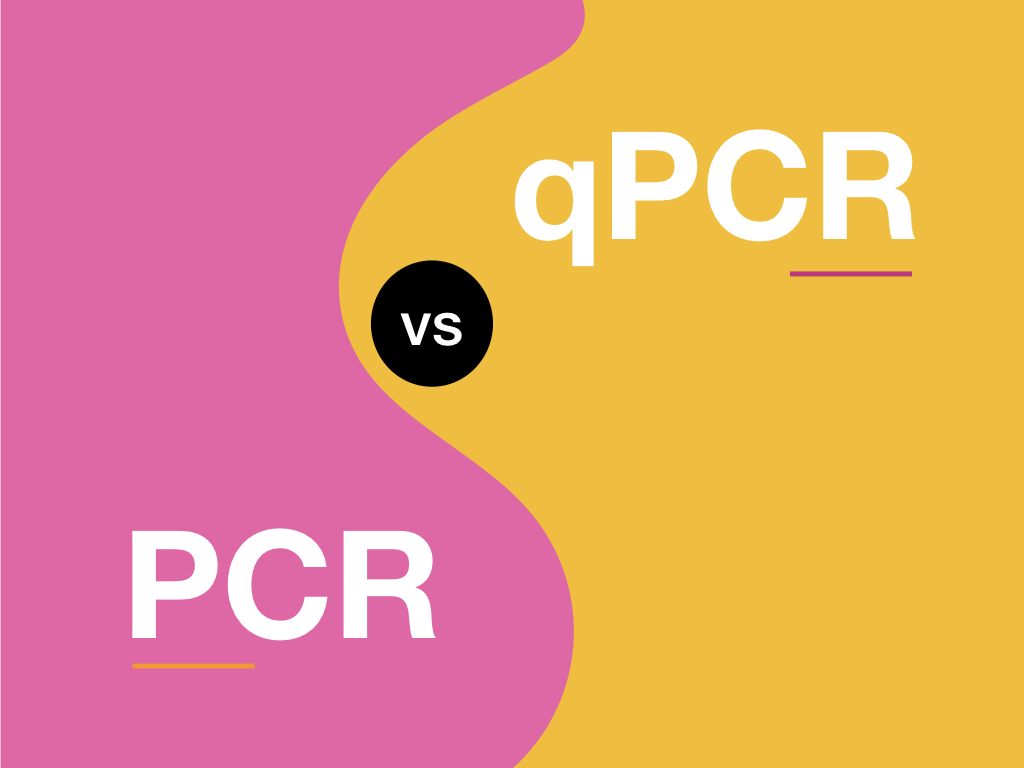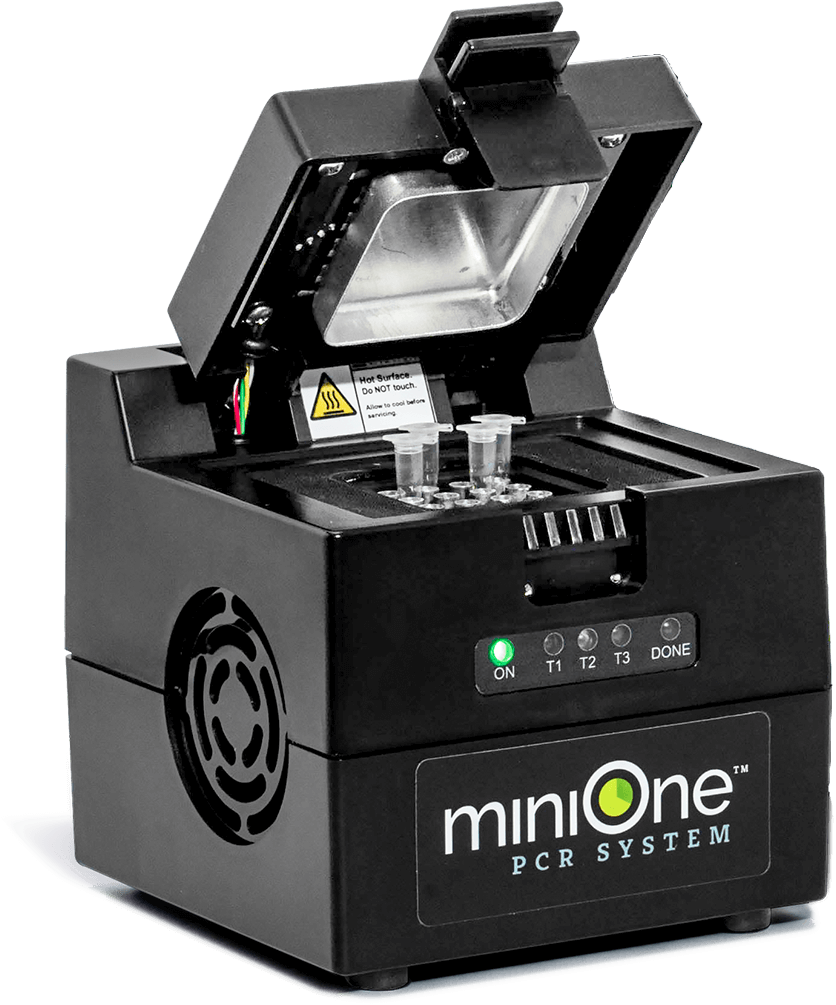Pcr | Also has nine physical locations. This method can generate tens of billions of copies of a particular dna fragment (the sequence of interest, dna of interest, or target. Pcr (polymerase chain reaction) let's say you have a biological sample with trace amounts of dna in it. Pcr (polymerase chain reaction) is a method to analyze a short sequence of dna (or rna) even in samples containing only minute quantities of dna or rna. Polymerase chain reaction (pcr) was invented by mullis in 1983 and patented in 1985.
Michael saag, director uab infectious diseases division said. La reacción en cadena de la polimerasa (pcr) es una técnica de laboratorio utilizada para amplificar secuencias de adn. Pcr (polymerase chain reaction) is a revolutionary method developed by kary mullis in the 1980s. You want to work with the dna, perhaps characterize it by sequencing, but there isn't much to work with. This technique was developed in 1983 by kary mullis, an american biochemist.

Its principle is based on the use of dna polymerase which is an in vitro replication of specific dna sequences. A polymerase chain reaction (pcr) test is performed to detect genetic material from a specific organism, such as a virus. Its very simplicity can sometimes lead to problems by overlooking some of the critical factors that make it work. The polymerase chain reaction (pcr) is an enzymatic process that allows for the detection of specific genes within an environmental dna sample. The pcr test is a bit more sensitive picking up more of people infected than the antigen test, dr. In pcr, the reaction is repeatedly cycled through a series. Polymerase chain reaction (pcr), a technique used to make numerous copies of a specific segment of dna quickly and accurately. The test could also detect fragments of virus even after you are no longer infected. This method can generate tens of billions of copies of a particular dna fragment (the sequence of interest, dna of interest, or target. This is where pcr comes in. Pcr is based on using the ability of dna polymerase to synthesize new strand of dna complementary to the offered template strand. Polymerase chain reaction (pcr) was invented by mullis in 1983 and patented in 1985. Pcr can use the smallest sample of the dna to be cloned and amplify it to millions of copies in just a few hours.
The polymerase chain reaction (pcr) is a commonly used method for amplifying dna, which can then be used for gene cloning, sequencing, and for gene manipulation. In pcr, the reaction is repeatedly cycled through a series. Puede causar dolor, enrojecimiento e hinchazón en la región lesionada o afectada. This automated process bypasses the need to use bacteria for amplifying dna. Polymerase chain reaction (pcr) was invented by mullis in 1983 and patented in 1985.

The polymerase chain reaction (pcr) is a commonly used method for amplifying dna, which can then be used for gene cloning, sequencing, and for gene manipulation. This is a diagnostic test that determines if you are infected by analyzing a sample to see if it contains genetic material from the virus. Polymerase chain reaction (pcr), a technique used to make numerous copies of a specific segment of dna quickly and accurately. This method can generate tens of billions of copies of a particular dna fragment (the sequence of interest, dna of interest, or target. Pcr (polymerase chain reaction) let's say you have a biological sample with trace amounts of dna in it. The test could also detect fragments of virus even after you are no longer infected. The polymerase chain reaction (pcr) is a laboratory technique for dna replication that allows a target dna sequence to be selectively amplified. Michael saag, director uab infectious diseases division said. Polymerase chain reaction (interactive) polymerase chain reaction (pcr) enables researchers to produce millions of copies of a specific dna sequence in approximately two hours. Test well in reno, nevada and south lake tahoe, california. It is quick, easy, and automated. Stands for polymerase chain reaction test. Pcr is the amplification of a small amount of dna into a larger amount.
El método utiliza secuencias cortas de adn llamados cebadores para seleccionar la parte del genoma a amplificar. Pcr utilizes short, user defined dna sequences called oligonucleotide primers, the sequence Its very simplicity can sometimes lead to problems by overlooking some of the critical factors that make it work. Pcr (polymerase chain reaction) let's say you have a biological sample with trace amounts of dna in it. It is quick, easy, and automated.

Polymerase chain reaction (pcr) is a method widely used to rapidly make millions to billions of copies (complete copies or partial copies) of a specific dna sample, allowing scientists to take a very small sample of dna and amplify it (or a part of it) to a large enough amount to study in detail. This technique was developed in 1983 by kary mullis, an american biochemist. Pcr is a technique used in the lab to make millions of copies of a particular section of dna. Cost is $149 for travel (can submit to insurance for reimbursement) Pcr is used to reproduce (amplify) selected sections of dna or rna. La pcr es una proteína producida por el hígado. Polymerase chain reaction (pcr) was invented by mullis in 1983 and patented in 1985. Pcr is based on using the ability of dna polymerase to synthesize new strand of dna complementary to the offered template strand. El método utiliza secuencias cortas de adn llamados cebadores para seleccionar la parte del genoma a amplificar. Pcr (polymerase chain reaction) let's say you have a biological sample with trace amounts of dna in it. La inflamación es la manera en que el cuerpo protege los tejidos cuando ocurre una lesión o una infección. Polymerase chain reaction, or pcr, is a technique to make many copies of a specific dna region in vitro (in a test tube rather than an organism). Pcr is the amplification of a small amount of dna into a larger amount.
Pcr: Pcr (polymerase chain reaction) is a revolutionary method developed by kary mullis in the 1980s.
EmoticonEmoticon